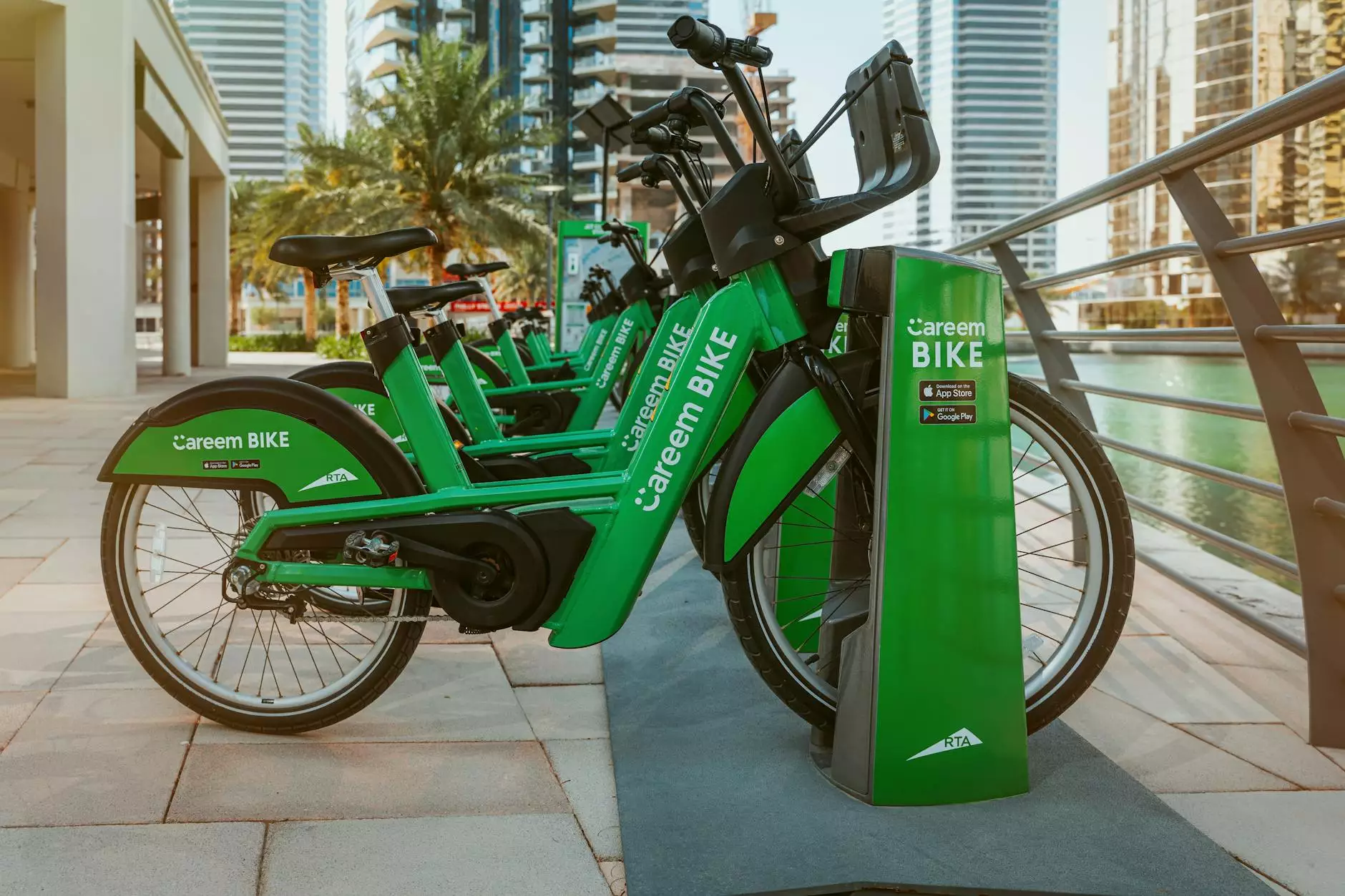Understanding Engines Cost: Your Complete Guide to Auto Parts & Boat Engines

In the world of automotive and marine industries, the term engines cost is a significant factor influencing purchasing decisions, maintenance planning, and overall investment. Whether you're involved in auto parts & supplies, boat repair, or seeking the right boat parts & supplies, understanding what contributes to engine costs is essential for optimizing value and ensuring reliable performance. This comprehensive guide aims to illuminate every facet of engines cost, helping consumers, professionals, and enthusiasts make educated choices that align with their budgets and quality expectations.
What Is Engines Cost and Why Does It Matter?
The engines cost refers to the total expenditure required to purchase, install, and maintain an engine, whether for automobiles or boats. It encompasses a broad spectrum of variables, including the engine's make, model, specifications, technology, and the current market conditions. This cost is a critical consideration because it directly influences a vehicle’s or vessel’s performance, longevity, and overall value.
For businesses like falconoutboards.com, which specialize in auto parts & supplies, boat repair, and boat parts & supplies, understanding engines cost enables more accurate pricing, inventory management, and customer guidance. Moreover, consumers benefit from knowing how to assess engine costs relative to quality, durability, and long-term savings.
Factors Influencing Engines Cost
The cost of an engine isn't determined by a single factor; rather, it results from an interplay of numerous elements. Recognizing these factors helps buyers make better-informed choices and find the best value for their investment.
1. Engine Type and Technology
- Gasoline vs. Diesel Engines: Diesel engines typically cost more upfront due to their complex construction and efficiency benefits, but they often offer better fuel economy and durability.
- Inboard, Outboard, and Sterndrive Engines: Marine engines vary significantly in pricing, with inboard engines generally being more expensive due to size and complexity.
- Electric and Hybrid Engines: Emerging technologies tend to have higher initial costs but promise savings in maintenance and fuel over time.
2. Brand Reputation and Manufacturing Quality
Premium brands with a reputation for reliability, innovation, and performance tend to have higher engines costs. These brands often incorporate advanced materials and technology to enhance durability and efficiency, which translates to higher prices but better long-term value.
3. Engine Size and Power Output
Larger engines with more horsepower generally command a higher price point. For example, a 300-horsepower boat engine costs significantly more than a 150-horsepower model due to increased materials and engineering complexity.
4. New vs. Rebuilt or Used Engines
- New engines offer the latest technology, warranty, and reliability, but at a premium cost.
- Rebuilt or used engines provide cost savings, especially suitable for budget-conscious buyers, but may lack the longevity or warranty of new units.
5. Additional Components and Accessories
Cost can increase depending on whether the engine includes accessories like cooling systems, electronic controls, or special exhaust setups. Custom configurations or modifications also influence the overall engines cost.
How to Evaluate and Compare Engine Prices Effectively
Comparing engines costs involves more than just looking at sticker prices. An informed buyer should assess various parameters to ensure that the engine they choose offers optimal value and performance.
Assess the Total Cost of Ownership
- Initial purchase price
- Installation and labor fees
- Fuel efficiency and consumption over time
- Maintenance and repair expenses
- Warranty and service support
Prioritize Quality and Durability
A slightly higher initial engines cost might translate into lower maintenance and replacement expenses in the long run. Always consider engine reviews, manufacturer reputation, and customer feedback to gauge quality.
Understand Market Pricing Trends
Market fluctuations, technological advancements, and supply chain factors influence engine prices. Staying updated with industry trends allows buyers to purchase engines at favorable times.
Economic Benefits of Investing in the Right Engine
Investing wisely in an engine, considering engines cost and value, leads to multiple economic advantages:
- Enhanced Reliability: Reduces downtime and repair costs.
- Better Fuel Efficiency: Saves money on fuel, especially for high-mileage vehicles or boats.
- Increased Resale Value: Well-maintained engines retain value longer.
- Lower Maintenance Expenses: Modern engines with advanced technology often require less frequent repairs.
Tips for Managing Engines Cost in Your Business or Personal Purchase
Whether you operate a marine repair shop, an auto parts business, or are an individual owner, controlling engines cost involves strategic planning and negotiation.
1. Shop Around for the Best Prices
Compare prices from multiple suppliers, online marketplaces, and directly from manufacturers. Use trusted vendors like falconoutboards.com that provide detailed product descriptions, warranties, and customer support.
2. Explore Financing and Warranty Options
Many suppliers offer financing plans or extended warranties that spread out costs or protect your investment against unexpected repairs.
3. Opt for Quality Over Cheap Alternatives
Choosing substandard or unbranded engines might reduce initial costs but often results in higher long-term expenses and potential safety risks.
4. Proper Maintenance and Care
Regular maintenance extends engine life, reduces repair costs, and preserves engine value, ultimately lowering the engines cost over time.
Innovations Influencing Future Engines Cost
Technological advancements are shaping the landscape of engine pricing, with innovations aimed at improving efficiency and reducing total ownership costs.
Electric and Hybrid Powertrains
As electric and hybrid systems become more mainstream, initial engines cost might be higher, but operational savings and environmental benefits are significant. These engines also tend to feature less complex systems, potentially reducing maintenance expenses.
Advanced Materials and Manufacturing Techniques
Use of lightweight composites and precision manufacturing reduces production costs and enhances engine durability, influencing market prices favorably for consumers.
Smart Engine Management Systems
Integration of electronic controls optimizes efficiency and reduces fuel consumption, impacting the long-term engines cost positively.
Conclusion: Making Smart Decisions About Engines Cost
Understanding the multifaceted nature of engines cost empowers buyers and industry professionals in making strategic, cost-effective, and quality-focused decisions. Whether you are purchasing engines for automobiles or boats, investing in reputable brands, considering the total cost of ownership, and staying informed about technological advancements are crucial steps toward maximizing value.
At falconoutboards.com, we specialize in providing top-quality boat parts & supplies, including a comprehensive selection of outboard engines with varying engines cost points. Our goal is to help you find the perfect engine tailored to your needs, budget, and performance expectations, ensuring your investments deliver long-term satisfaction and reliability.
Remember, the right engine, at the right price, combined with proper maintenance and care, is the foundation of any successful automotive or marine operation. Stay informed, compare thoroughly, and invest wisely for the best results!









